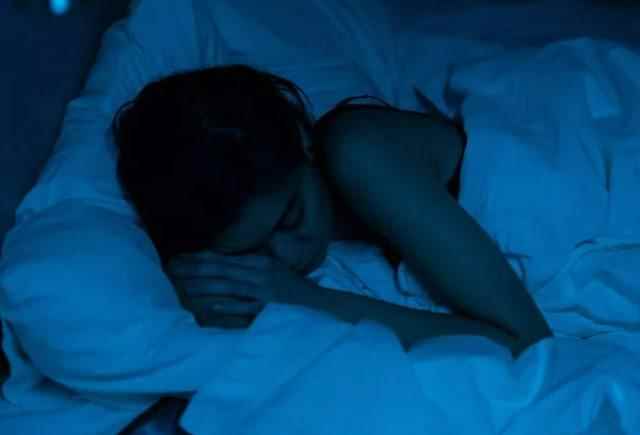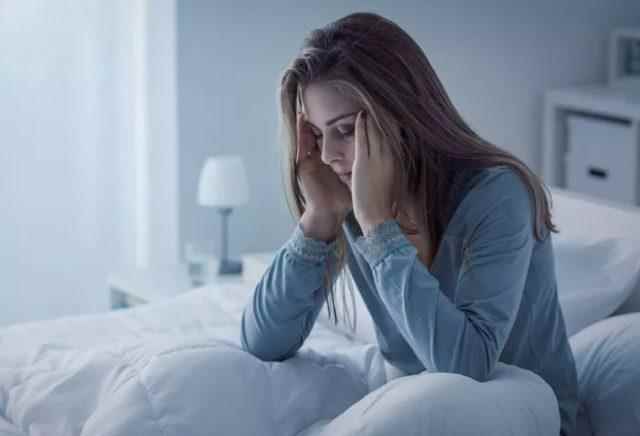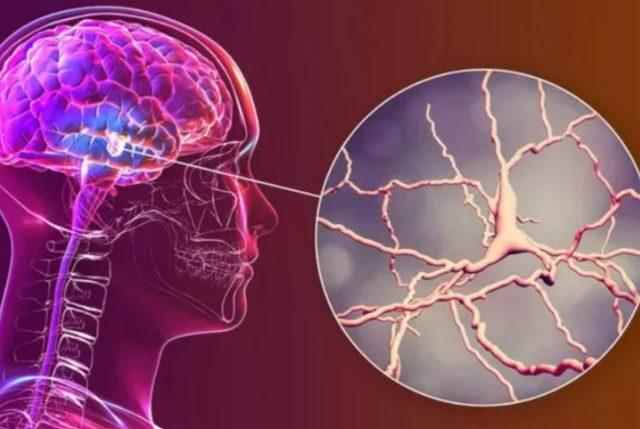Memory diseases such as dementia are thought to be diseases of old age. However, poor living conditions have led to a decrease in the incidence of these diseases. Detecting dementia early can slow the progression of the disease considerably. Although it is known that the symptoms of dementia are forgetting and absent-mindedness, it was learned that a condition experienced during sleep is also a symptom of dementia.
THEY CAN FEEL COMPLEX EMOTIONS
Even if you can’t sleep or wake up with a nightmare in the middle of the night, everyone gets a bad night’s sleep from time to time. But if your partner or roommate frequently complains that you’re screaming or kicking while you’re in deep sleep, it could be a warning sign of dementia. Physician and Clinical Nutritionist Evelina Sabonaityte said: “People with dementia may have difficulty processing complex emotions or experiences from past events due to memory loss or cognitive decline associated with disease progression.
THEY CAN APPLY PHYSICAL ACTION INSTEAD OF VERBAL COMMUNICATION

“As a result, these individuals are most likely to experience REM, where dreaming occurs most frequently. [hızlı göz hareketi] As these memories become more tangible during sleep states such as sleep, these individuals may try to express themselves through physical actions rather than verbal communication.”
DEMENTATION CAN CAUSE YOU TO HAVE nightmares

REM sleep, one of the five stages of sleep, usually begins about 90 minutes after you fall asleep. Dreams at this stage are typically more vivid, fantastic, or even bizarre. According to the Mayo Clinic, Lewy body dementia can lead to rapid eye movement (REM) sleep behavior disorder, which means you begin physically recreating vivid, often unpleasant dreams with loud noises and sudden movements.
YOU CAN TALK WHEN DREAMING

“These individuals may exhibit similar actions when engaging in dreaming activities, such as talking loudly in bed or making gestures that are indicative of performing a task related to what they were dreaming at the time.” Patients with this disorder may begin punching, kicking, shouting, and screaming while sleeping.
SLEEP DISORDER IS OBSERVED IN 90 PERCENT PATIENTS

A review published in The International Journal of Geriatric Psychiatry found that up to 90 percent of people with dementia with Lewy bodies usually have at least one form of sleep disorder present. The research was based on a total of 70 articles, including 20 studies focusing on subjective sleep.
